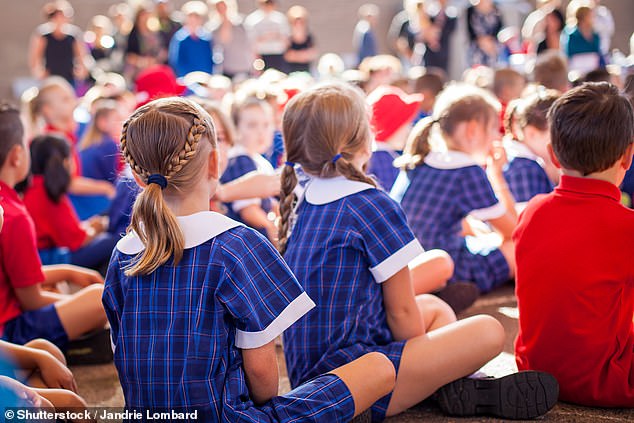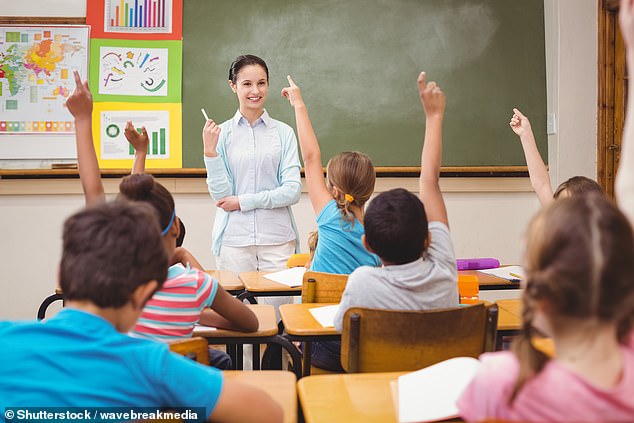Australia’s most populous state is about to undergo the biggest changes to its school curriculum in decades, with the new format starting in kindergarten.
The updated NSW curricula will not only cover core subjects such as history, geography, health and science, but will also include lessons on consent and the human body.
Consent will be taught from kindergarten onwards with the expectation that by the time children enter first grade, they should be able to “assertively obtain, give or deny consent and respect responses,” identify inappropriate contact from adults online, and adopt the “No, Go, Tell” strategy to protect themselves from abuse.
The update follows a pledge by the federal government to spend more than $25 million for NSW schools to spend on consent education programs, resources and professional development for teachers.
The money will be spent on all schools: public, Catholic and independent.
In 2027, for the first time, younger school children will also be taught world history beyond Australia.
Currently, kindergarten and first grade students only learn about their own family history and the lifestyles of previous generations, but the study of the ancient past will now be included.
Children will be asked to ‘read and tell stories, myths or legends about ancient peoples, places and cultures from China, Egypt, Greece and Rome’.
New South Wales is set to undergo the biggest changes to its school curriculum in decades, with the new format set to begin in kindergarten (file image)
The most significant changes will be in the Human Society and Environment subject, which will combine history and geography and introduce a greater focus on civic education and citizenship in the early years.
In science, kindergarteners will learn the names of human body parts, something that is not currently taught to children that age.
As they progress through elementary school, children will learn how light and sound travel, and lessons about gravity will no longer be an optional example, but will become mandatory.
Once-in-a-generation curriculum changes will update methods and documents that are, in some cases, decades old.
Teaching fads introduced in the 1980s, such as learning about “processes” and “capabilities”, will be abandoned and lessons will return to “explicit” teaching of facts and knowledge.
NSW Education Standards Authority chief executive Paul Martin said the changes were a “paradigm shift”, “groundbreaking for Australia” and would reduce academic jargon into language much easier for parents to understand.
“My view is that a literate parent should be able to understand what their child is learning in elementary school,” he said.
‘The new curricula will provide students with the opportunity to develop in-depth knowledge that will increase in complexity over time and in preparation for high school.
“The link between Year 6 and Year 7 has never been clearer.”

The updated NSW curricula will not only cover core subjects such as history, geography, health and science, but will also include lessons on consent and the human body (file image)
The reforms will also aim to ensure that all students begin high school with a common body of knowledge, regardless of where in the state they go to school or what type of school they attend.
“This is the biggest change to NSW curricula in a couple of decades, possibly longer,” Martin said.
‘When the state’s primary curriculum was last written, there were different conceptions of how students learn and how classrooms are organized.
“The education landscape has changed since then, for the better.”


